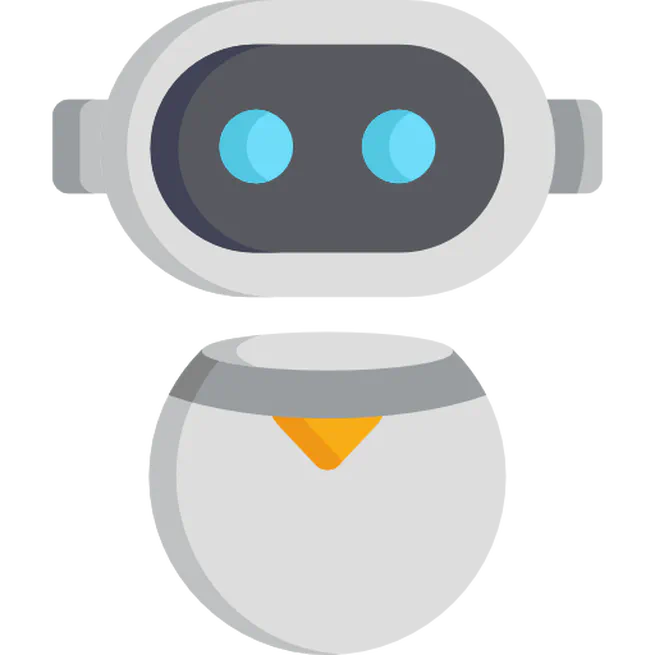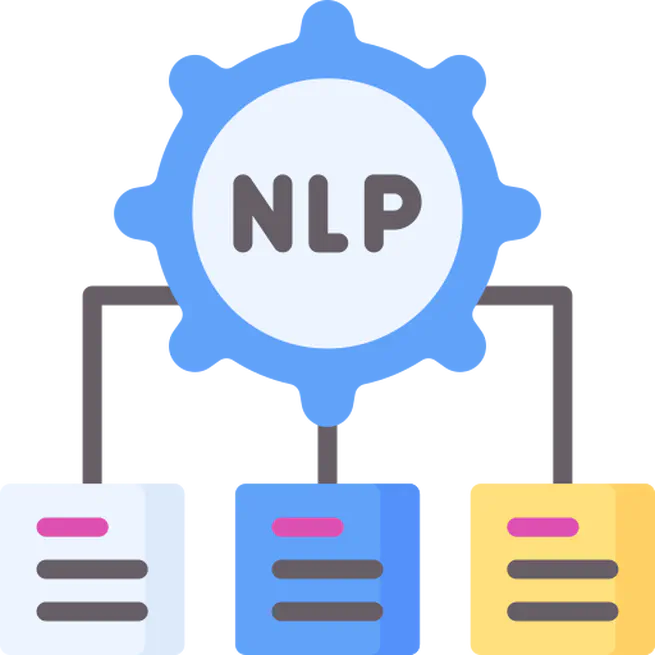
scikit-learn
scikit-learn is a Python module for machine learning built on top of SciPy and is distributed under the 3-Clause BSD license.
Oct 26, 2023

PyTorch
PyTorch is a Python package that provides tensor computation (like NumPy) with strong GPU acceleration.
Oct 26, 2023

Pandas
Flexible and powerful data analysis / manipulation library for Python, providing labeled data structures.
Oct 26, 2023